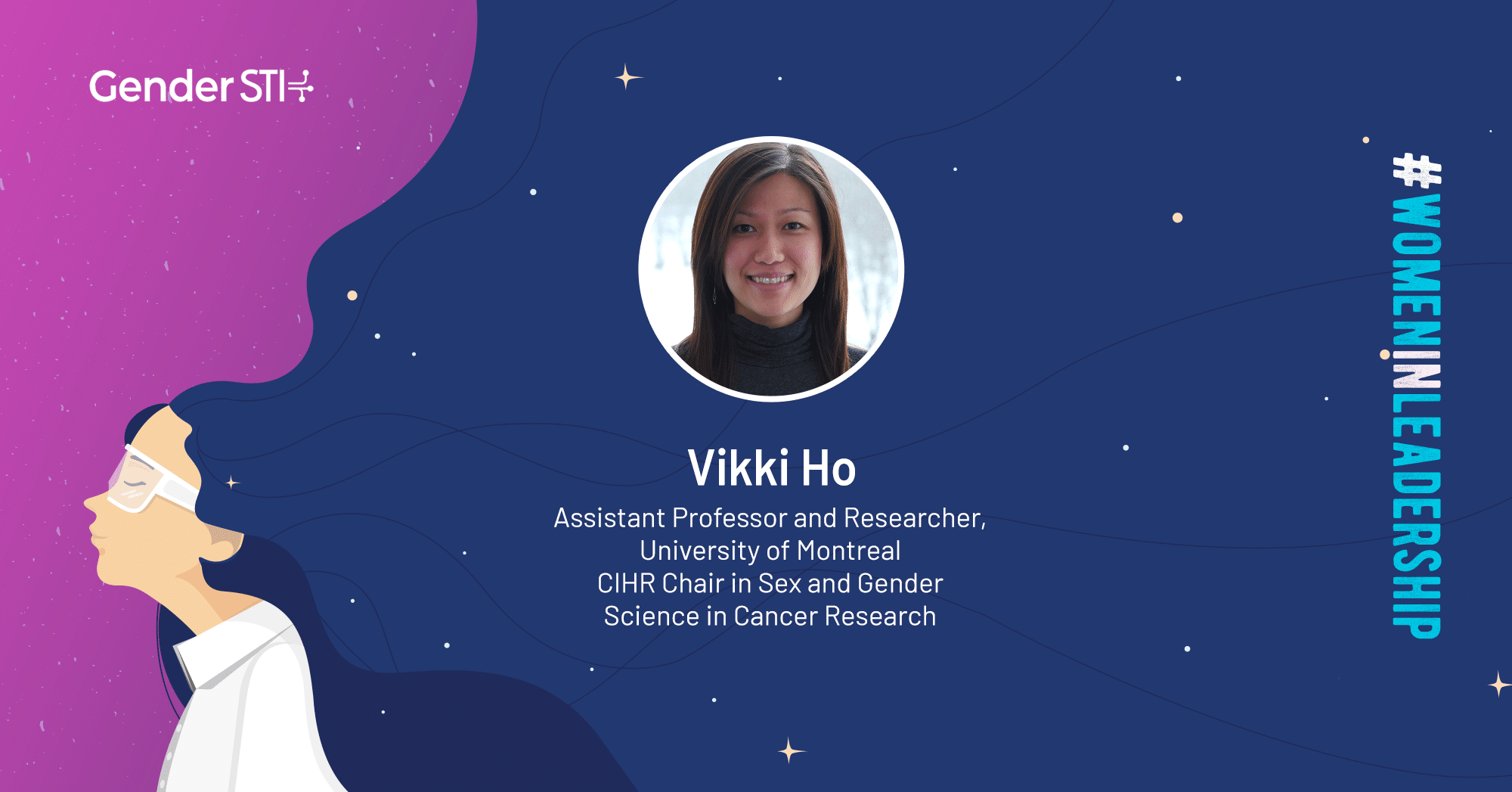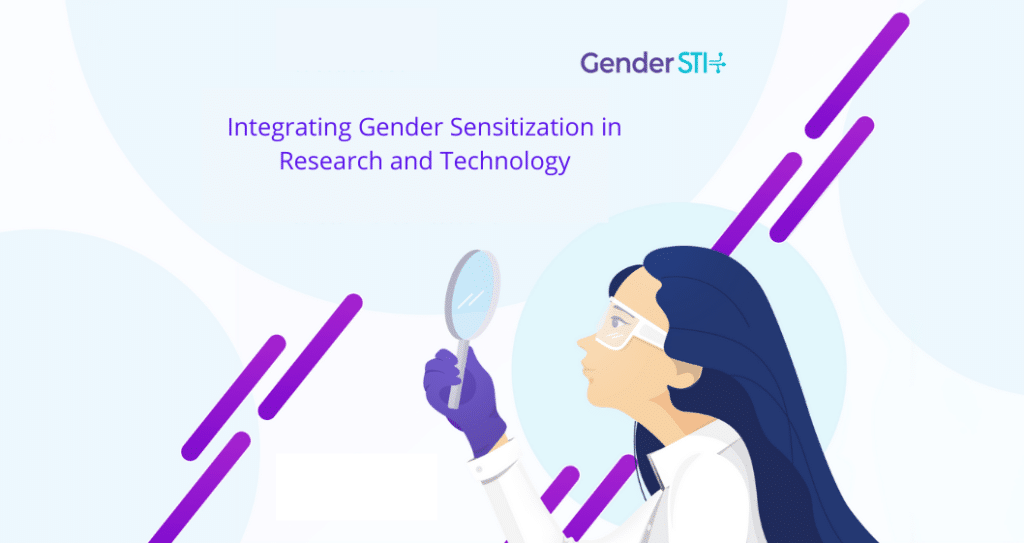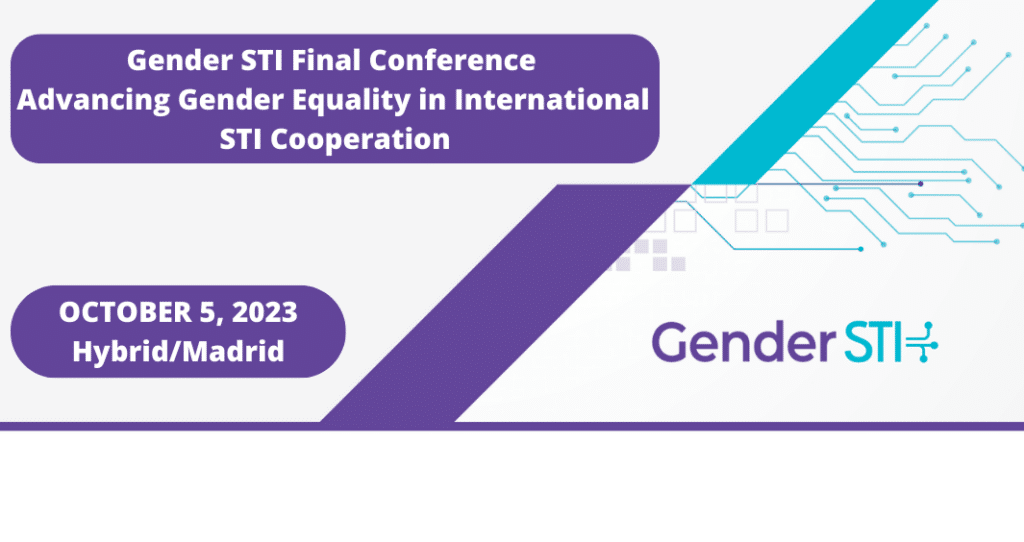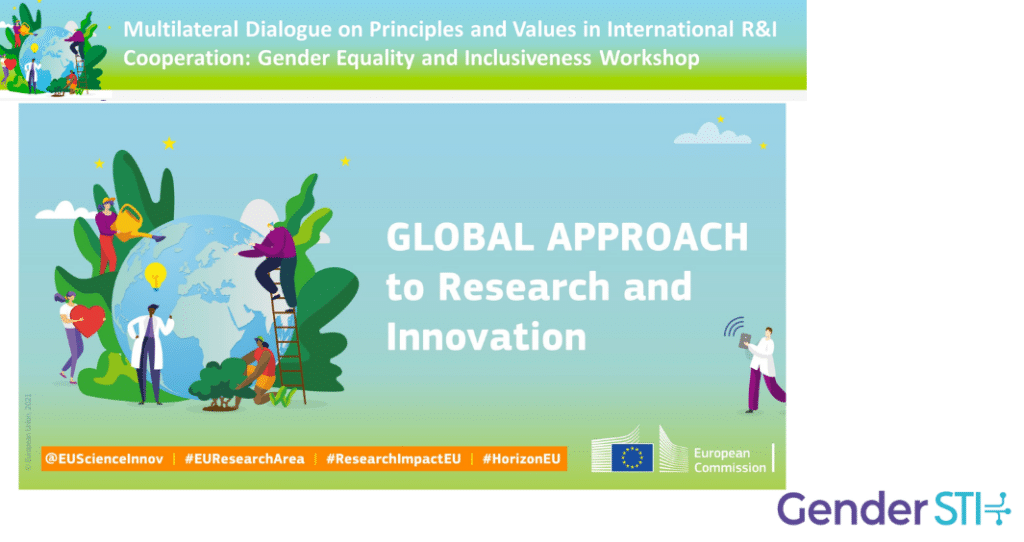Vikki Ho was nominated for Gender STI's #WomenInLeadership Campaign, which celebrates women leaders in science, technology and innovation, by the Canadian Institutes of Health Research’s (CIHR) Institute of Gender and Health.
She is an Assistant Professor and Researcher at the University of Montreal and the Hospital Research Centre. In addition, Ho holds the CIHR Chair in Sex and Gender Science in Cancer Research.
She spoke to Gender STI about her experience as a woman leader in honor of International Women's Day 2021.
Can you tell us a bit about your job and your responsibilities?
I am an Assistant Professor in the Department of Social and Preventive Medicine in the School of Public Health (ESPUM) at the University of Montreal and a Researcher at the affiliated Hospital Research Centre (CRCHUM).
I am an epidemiologist funded by the Cancer Research Society - Prevention Group in Environment-Cancer Program. I also hold a Chair in Sex and Gender Science in Cancer Research awarded from the Canadian Institutes of Health Research. My expertise is in investigating the role of environmental, lifestyle, occupational and individual susceptibility factors in cancer etiology. I am devoted to training the next generation of scientists who will contribute to this field of research.
Did you face any challenges on your journey to become a woman leader? How did you overcome them?
The challenges that I faced on my journey included a lack of imagination of what a female leader in my field would look like with a well-balanced life. How does one balance research and career aspirations with that of being a mother and a partner, or with the other parts of life? In my path, I have encountered many brilliant women who I deeply respect but I felt that “sacrifice” was a common theme to their success. That is not say that blood, sweat and tears were not part of my own journey, but I had difficulty in reconciling exactly how much I would need to or want to give up in order to be a female leader.
I would not say that I have overcome this challenge that many women and young parents of both genders who wish to be fully involved as parents continue to face. But I believe that my struggle to make this work is providing an example to young scientists who are wondering whether they are “made” for an academic career.
What goals do you have as a leader?
My goal as a researcher and fellow citizen is to inspire the public to believe in the important role that science plays in our society. Be it through the prevention of chronic disease by modifying important lifestyle factors or by contributing to the body of knowledge that can assist people to make informed choices. These choices may be individual in terms of lifestyle and behaviour or social in terms of changes needed for a healthier society.
How would you describe the gender balance in decision making in science, technology and innovation (STI)?
Epidemiology is the science of public health. I am where I am because of the mentors who have supported me throughout my journey. While I have not personally experienced gender imbalance in decision making in science, technology and innovation, I am aware that such imbalances do still exist and need to be tackled constantly. We have only to look at the difference in impact of COVID on men and women academics to see that these imbalances are still alive and kicking.
What would you tell young girls and women who would like to become leaders in their professional fields one day?
I would say that we all have something worthy to contribute and that science benefits from having a diverse group of people around the table. Your voice and your opinion are a unique combination of your upbringing, intellect and YOU! By doubting yourself, you are depriving the world of an idea that can only be ignited by YOU. Women bring something different to the table in terms of the way we interact and the way we approach issues. We should be proud of our differences and make sure they have an impact.
As you may know, the Gender STI project focuses on promoting gender equality in international cooperation in STI. Do you have any ideas on how we could promote gender equality in this area?
The best possible way to influence change in international cooperation is by example.
What do you think needs to be done to increase the number of women leaders in STI?
The Sex and Gender Chair program of CIHR is an important example of how society can facilitate the growth of female leadership in science. The support provided and the ensuing research will have an enormous impact on future generations.
Follow Gender STI's #WomenInLeadership campaign on Twitter, LinkedIn and Facebook for more great interviews. Join the conversation using #WomenInLeadership, #IWD2021 and #GenderSTI.



